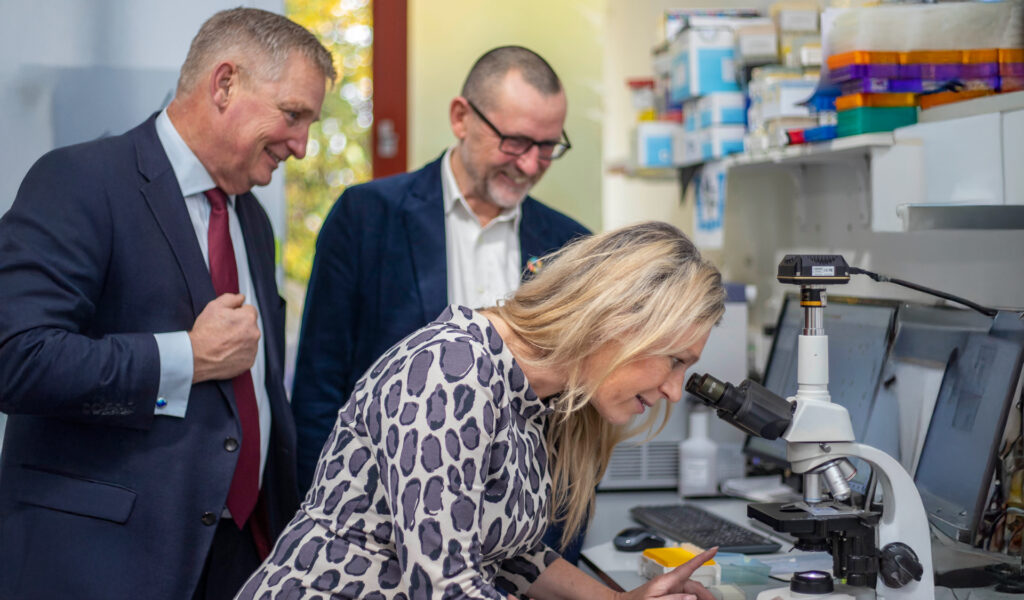The organisation claims that, while recycling rates have gone up over recent years and landfill rates down, the UK continues to produce too much waste and needs to do more to promote minimisation.
Improvements must be made to the system to further promote minimisation of the production of waste, supported by a circular flow of resources and materials designed to facilitate reuse and recycling wherever possible
Justin Taberham, head of policy, CIWEM
And, it claims that more of the costs of managing waste, such as packaging, should be assigned to producers – claiming that voluntary agreements, to halt the growth in the packaging of groceries for example, do not go far enough.
The comments came in a pre-election manifesto published by CIWEM, entitled ‘Fitting the Bill: A Manifesto for Environmental Action', in which the body highlights five areas where it believes environmental action in critical over the next parliamentary term, covering: creating a low carbon economy; buildings; infrastructure; water and natural capital.
Justin Taberham, CIWEM's director of policy, said: “Despite its efforts, the UK is currently lagging behind many other European States in this area. Improvements must be made to the system to further promote minimisation of the production of waste, supported by a circular flow of resources and materials designed to facilitate reuse and recycling wherever possible.”
In the infrastructure section of the manifesto, CIWEM claims that waste minimisation is important to reduce the need for “extensive carbon intensive treatment and disposal infrastructure”.
Instead it calls for local, smaller-scale energy from waste centres to be developed which avoid large waste incineration plants and enable waste to be treated near its source.
Other measures the body calls for are:
-
waste segregation must be improved to prevent cross contamination destroying recyclate value;
-
the proper role of recycling should be determined in terms of the waste hierarchy. CIWEM claims that recycling is “only part of the answer”;
-
small and Medium-sized Enterprises should be incentivised to improve their waste management practices;
-
here must be a review of the wastes that can be re-classified as non-waste, to facilitate their reuse;
-
the potential carbon resource and energy value of wastes should be better identified and greater importance attached to the recovery of such value;
-
potential for green jobs, skills and products for export in waste should be realised thorough the establishment of the appropriate fiscal and regulatory environment.
Panel
CIWEM's waste management policy is developed by a panel which focuses on international issues and legislation, waste minimisation, resource issues, energy use and new technologies.
Members of the panel include councils, the Environment Agency, consultancies such as Atkins and Mott Macdonald, waste companies such as Shanks and Biffa. And independent consultants who have a background of working in the waste industry.
The waste management panel has just completed a review of CIWEM's waste policy which elaborates more on its position. This is set to be released in time for the Futuresource conference exhibition in June where CIWEM will be holding seminar sessions. Speakers include Dr Stephen Wise, who will talk about the practical requirements for successfully developing AD plants to treat both municipal and commercial organic waste.







Subscribe for free